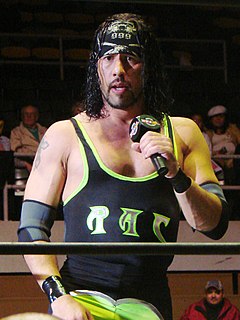A Quote by Charlie Flynn
Say that again, Commonwealth whit? (translation: what?) I'm no used tae hearing that.
Quote Topics
Related Quotes
One other thing: at the meeting in Canada, [there was] the coup in Fiji. This comes to an important part of the Commonwealth: the role of the Queen [Elizabeth II]. I had absolutely just enormous respect for her as leader of the Commonwealth. You could talk to her about any of the fifty-one countries of the Commonwealth and you could have an intelligent conversation with her about the economics, the politics. She really immersed herself in the Commonwealth.
Avoid stock expressions (like the plague, as William Safire used to say) and repetitions. Don't say that as a boy your grandmother used to read to you, unless at that stage of her life she really was a boy, in which case you have probably thrown away a better intro. If something is worth hearing or listening to, it's very probably worth reading. So, this above all: Find your own voice.
In translation studies we talk about domestication - translation styles that make something familiar - or estrangement - translation styles that make something radically different. I use a lot of both in my translation, and modernism does both. For instance, if you look at the way James Joyce presents Ulysses, is that domesticating a classic? Think of it as an experiment in relation to a well-known text in another language.
I felt freed to please myself, to find my way as I would, in a world that was much vaster than I had realized before, in which I was but one star-gleam, one wavelet, among multitudes. My happiness mattered not a whit more than the next person's - or the next fish's, or the next grass-blade's! - and not a whit less.
































